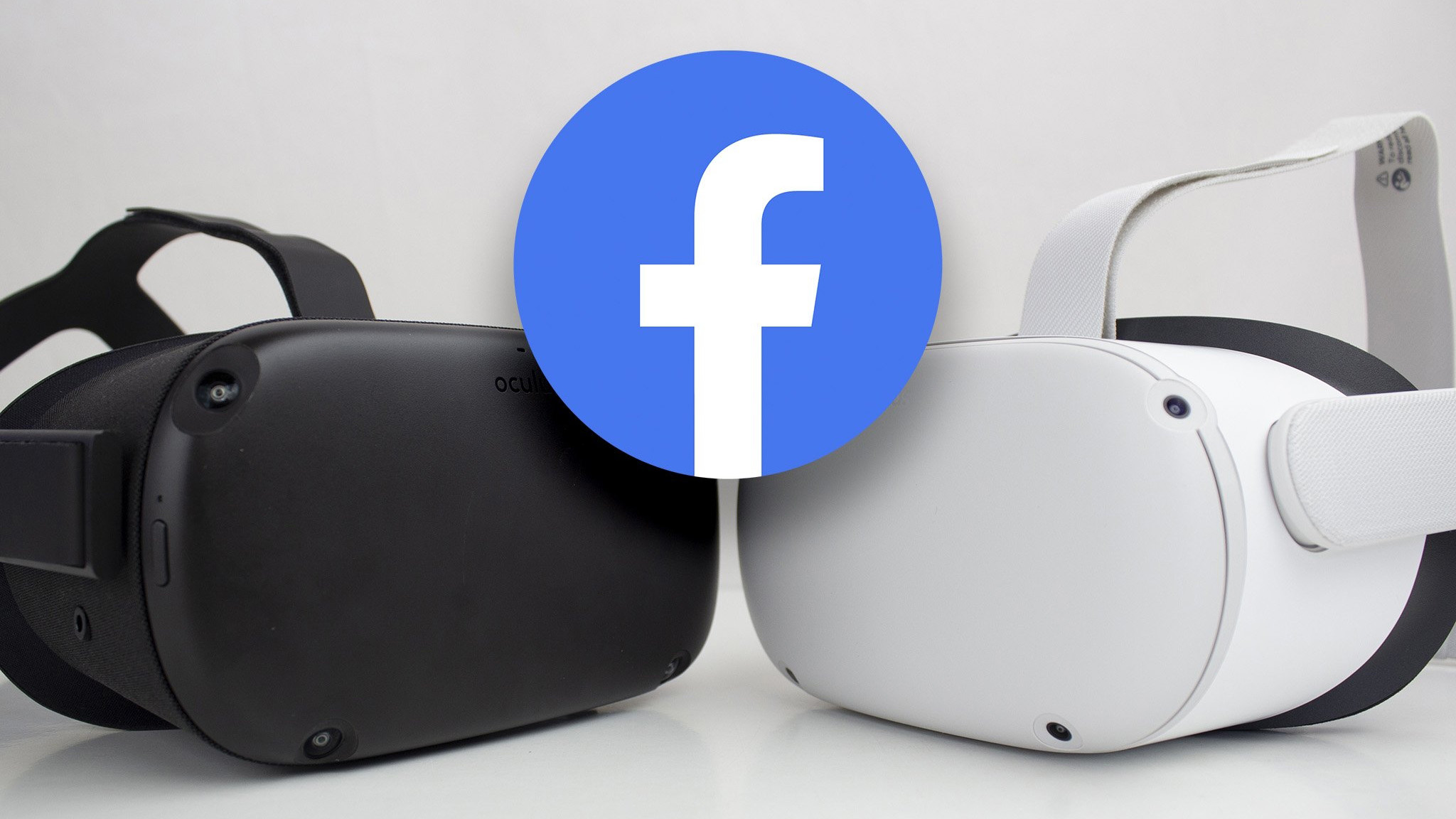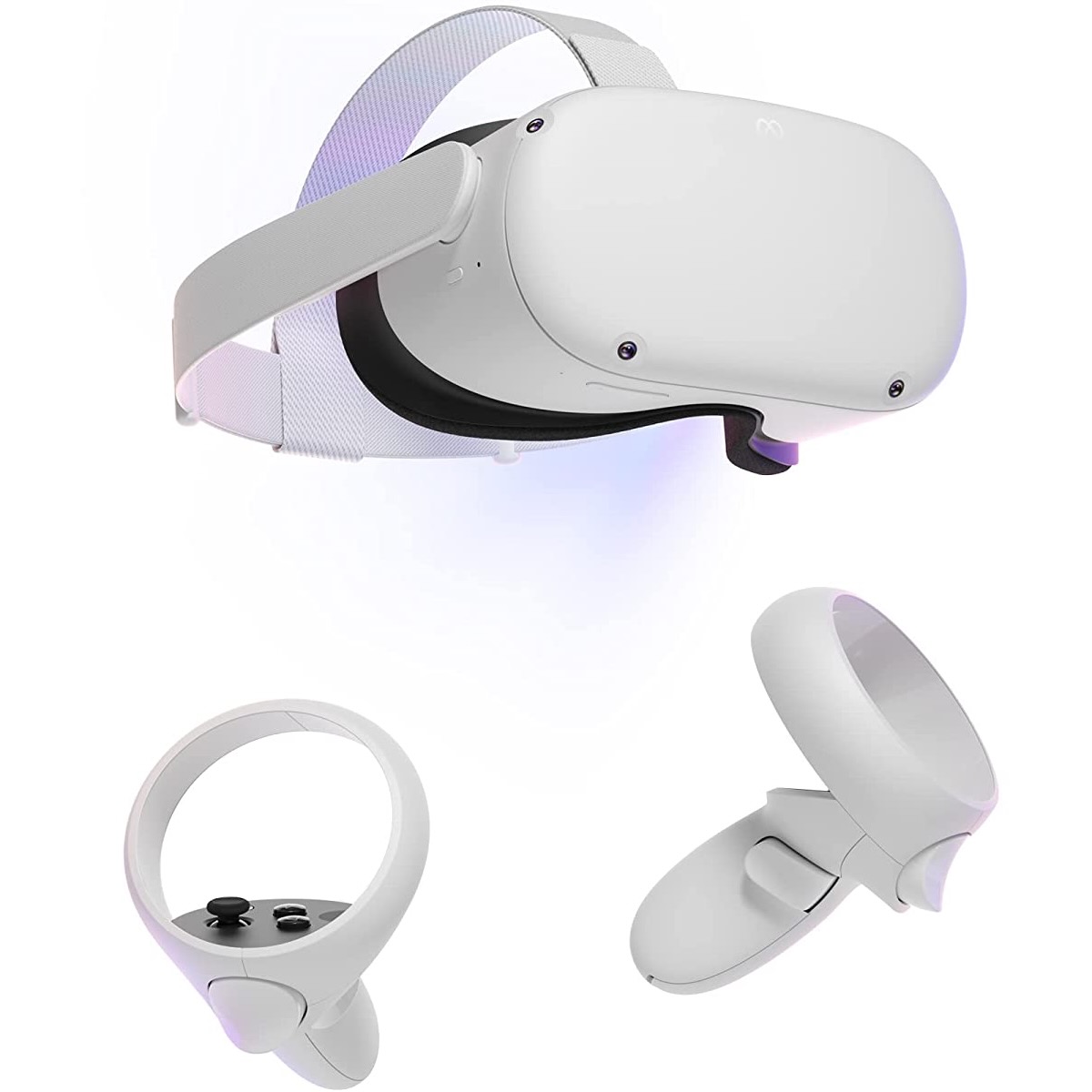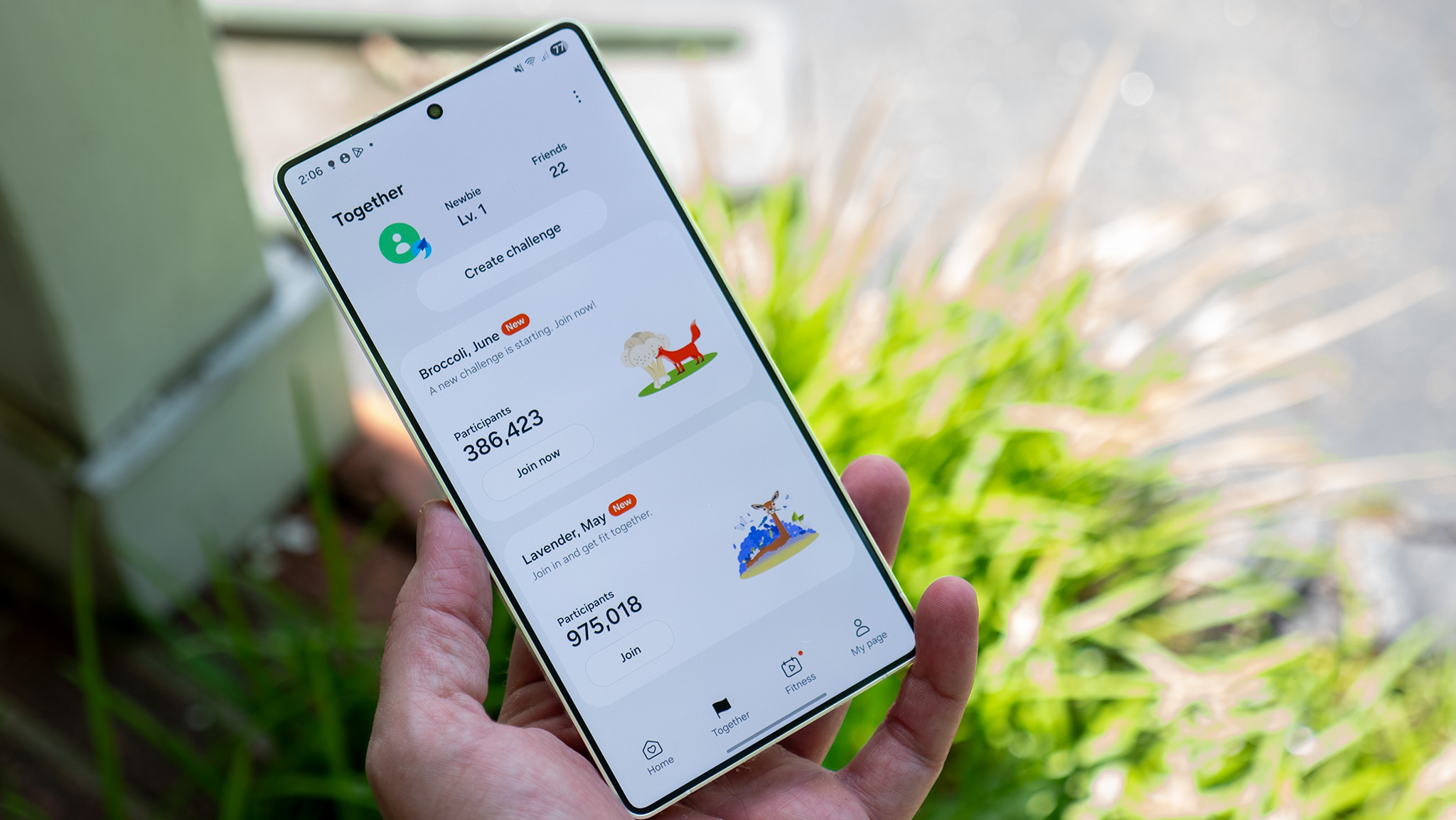The Oculus Quest 2's price increase is all our fault

On June 26, 2022, Meta did the unthinkable. It raised the price of the Meta Quest 2. But this wasn't just a small $10 jump in price to make up for higher fuel costs or some component swap-out. It's a full $100 increase in the price of the previously surprisingly affordable VR headset.
One could argue that this is just the cost of Meta getting more and more serious about its goals to rule the metaverse conversation over the coming years — the company did exactly this in the announcement of the price increase — but I can hedge a very big bet on the real reason behind this: the removal of the requirement to use a Facebook account on Meta VR headsets. We asked for it, and we got it. Now it's time to deal with the consequences.
As Meta continues to shed the Oculus Quest 2 name in favor of its own new branding, it's also changing the rules of how it previously operated in the space. A super low price was important to get people to buy in to the company's dream of offering a truly affordable standalone VR headset. But now that the Quest 2 continues to outsell the Xbox every quarter — and Meta has become the face of VR to the public — what was once a requirement is now a luxury the company's shareholders can no longer afford.
The price of your data

It's no secret that Meta makes the bulk of its money selling your data across the company's suite of products. Normally, this is done in the form of serving you personalized ads as you scroll through your Facebook feed. But, without an actual “Facebook” account, Meta doesn't have a clear way to monetize your usage data the way it has been able to in the past.
Yes, you’ll still need a Meta account going forward, but the company has made clear it’s decoupling the social networking aspect. Additionally, since a Facebook account is no longer required, the company cannot guarantee its shareholders that its Oculus users will also be seeing fancy personalized ads for VR content on their Facebook feed.
Since a Facebook account is no longer required, the company cannot guarantee its shareholders that its Oculus users will also be seeing fancy personalized ads for VR content on their Facebook feed.
The result is pretty clear. Without the ability to make up for the deficit the company incurs when it sells a Quest 2 at a mere $299, something has to give. That, quite simply, means that Meta needs to increase the retail price of its headsets.
Whether or not $100 makes up the sum total difference between being able to monetize your data using the existing Facebook algorithm is anyone's best guess. But I have little doubt that this was the major contributing factor in the decision to raise the price of the Quest 2.
Get the latest news from Android Central, your trusted companion in the world of Android
To further back up this theory, I'd like to point out that this move is happening in August, the very same month Meta will be rolling out the update that removes Facebook accounts from its headsets.
It's also worth noting that the original Oculus Quest launched at $399 — that's the same price the Quest 2 will be after August 1, 2022. Given that the original Quest didn't require a Facebook account in its lifetime, I think the parallel between the two prices is pretty clear.
Anshel Sag, a senior analyst at Moor Insights & Strategy, agrees on this point, saying “I think many people forget that the original Quest sold for $399, which is why many of us, including myself, were surprised by the $299 price of the Quest 2. This is why so many people suspected at least $100 of subsidization from Facebook to enable the Quest 2 to sell far more units and to build a self-sustaining user base.”
Regulation at work

Without the ability to subsidize the price of the headset by selling your data for ad purposes, Meta cannot afford to sell the Quest 2 at such a low price.
Over the years, Facebook has been under increased regulatory scrutiny, both domestically and internationally. Part of that scrutiny has been the price at which Meta has been selling the Quest 2 — specifically the $299 model — which has been called into question by several competitors in the VR industry.
Simply put, without the ability to subsidize the price of the headset by selling your data for ad purposes, Meta cannot afford to sell the Quest 2 at such a low price. Only one other potential competitor owns such a large social network that delivers ads to users — that would be ByteDance's Pico — and it's unlikely that regulatory authorities would allow the company to operate in the same way Meta has been.
While the increase in price will feel worse on consumers' wallets at the register, the move helps consumers in two important long-term ways.
First, the increase in price will make it possible for other companies to bring affordable VR headsets to market. This creates increased competition for Meta — something sorely needed in the industry right now, given that Meta controls roughly 90% of the market.
Ultimately, this means future VR headsets from Meta and other companies like Pico will be better overall.
Only one other potential competitor owns such a large social network that delivers ads to users.
Sag agrees, noting “I think the Quest 2 was always artificially low as a price and made it harder for others to compete at that price point, enabling it to take as much share as the market would bare.”
Part of that is because companies won't have to cut costs as much in order to deliver a product at an unrealistic $299 price. That leaves room for better designs (read: you won't have to spend $100 on accessories just to make it comfortable to wear), and could help pave the way for higher quality components like micro-OLED displays.
The other part is that increased competition creates a healthier environment for all companies involved, especially developers, who could see benefits from releasing their games on more than one viable platform. As it stands, the only real way to make money in the VR industry is to develop a Quest 2 game. Most VR games on other headsets or platforms don't sell even a fraction of what they do on the Quest.
Additionally, users could see improved privacy from this move. By not having a clear path to monetize data — and by not tying VR headset usage to a social media profile — users will, ultimately, have more control over their privacy online.
What about inflation?

With no sign of slowing down and the holiday season fast approaching, Meta needs to ensure that its expensive AR/VR division can continue to make the company money, even without the promise of Facebook accounts on each one.
Prices of all goods and services have increased substantially over the past few months. That's no secret to anyone, and the common knowledge of this fact makes it easy for Meta to use inflation as a crutch to blame the price increase on.
I'm just not sure I buy it.
Sag thinks it might also have more to do with the upcoming recession than inflation, though. “I think the price increase also might factor in an upcoming recession and the potential lost revenue due to lower shipment volumes, which means that Meta needs to keep revenue growth. This is one way of increasing revenue at lower unit shipments.”
A price increase wouldn't be strange to see at this time in society, but $100 per SKU seemingly out of nowhere just isn't realistic. I have no doubt that Meta's cost of manufacturing has increased over the past year, but the Quest 2 has been selling more and more over time, not less.
Basic economics shows that the price should go down over time, especially if the company continues to manufacture headsets in bulk, thereby getting bulk component pricing.
With no sign of slowing down, and the holiday season fast approaching, Meta needs to ensure that its expensive AR/VR division can continue to make the company money, even without the promise of Facebook accounts on each one.
And the only way to do that (in the short term) is to raise the price. The question is whether or not it'll affect sales significantly for the remainder of the year.
For the time being, you can still get a Quest 2 deal for under $300 until August 1.

If you're wanting the best Quest 2 price, you'll need to act quickly before it goes up on August 1! Get the best in VR for $299 if you get it now.

